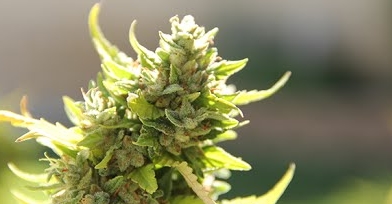Harvard Provides Information on Medical and Recreational Cannabis Use
08/25/2016 / By medicalmarijuanaupdate

Although the DEA has no immediate plans to reschedule cannabis, the organization did open up many opportunities for cannabis studies. It’s too soon to tell which organizations will be studying medical cannabis in the future and what kind of results they may come up with, but for now, it’s important to keep people educated about cannabis. The esteemed Harvard Medical School, more specifically its Harvard Health Publications, recently published a brief guide to helping people learn about cannabis.
(Article by ireadculture)
Written by Wynne Armand, MD and entitled “Marijuana: Health effects of recreational and medical use”, the article is geared towards readers who want to educate themselves about cannabis, rather than for seasoned users who already aware. It’s broken down into describing short-term effects, long-term effects and medical benefits of cannabis.
The short-term effects description is shortest, pointing out that it causes feelings of relaxation, as well as alter judgment, coordination and memory, and may cause paranoia and anxiety in some users. The long-term effects section goes into more detail, noting that smoking cannabis can irritate the lungs and cause breathing problems “like cough, excess mucus, bronchitis, and worsening of conditions like asthma and cystic fibrosis.” Armand also mentions that there are no studies that prove that using medical cannabis is linked to lung cancer and that it is possible that heavier use of cannabis can lead to some risks, especially in teenage users. More importantly, she admits that there is still much more to be learned about cannabis, “We are learning more about the long-term effects of marijuana, and this leads to even more questions as we realize there is a lot we don’t know,” Armand writes.
The last category is on the medical benefits of cannabis is the longest of the three (albeit only three small paragraphs long). Armand stresses that cannabis is still federally illegal, but is still being used in FDA-approved medications containing synthetic THC like dronabinol and nabilone, which are used as appetite stimulants prescribed to AIDS patients. Other medical uses include early research showing how beneficial CBD can be, especially in the treatment of epilepsy and psychiatric disorders.
Harvard Medical School is a trusted institution, and although Armand’s article does not go into more detail about so many useful and positive facts about cannabis and how it can benefit many lives, it’s another step towards properly educating people who are otherwise skeptical.
Tagged Under: cannabis, Harvard, medical marijuana, Recreational Use, Study


















